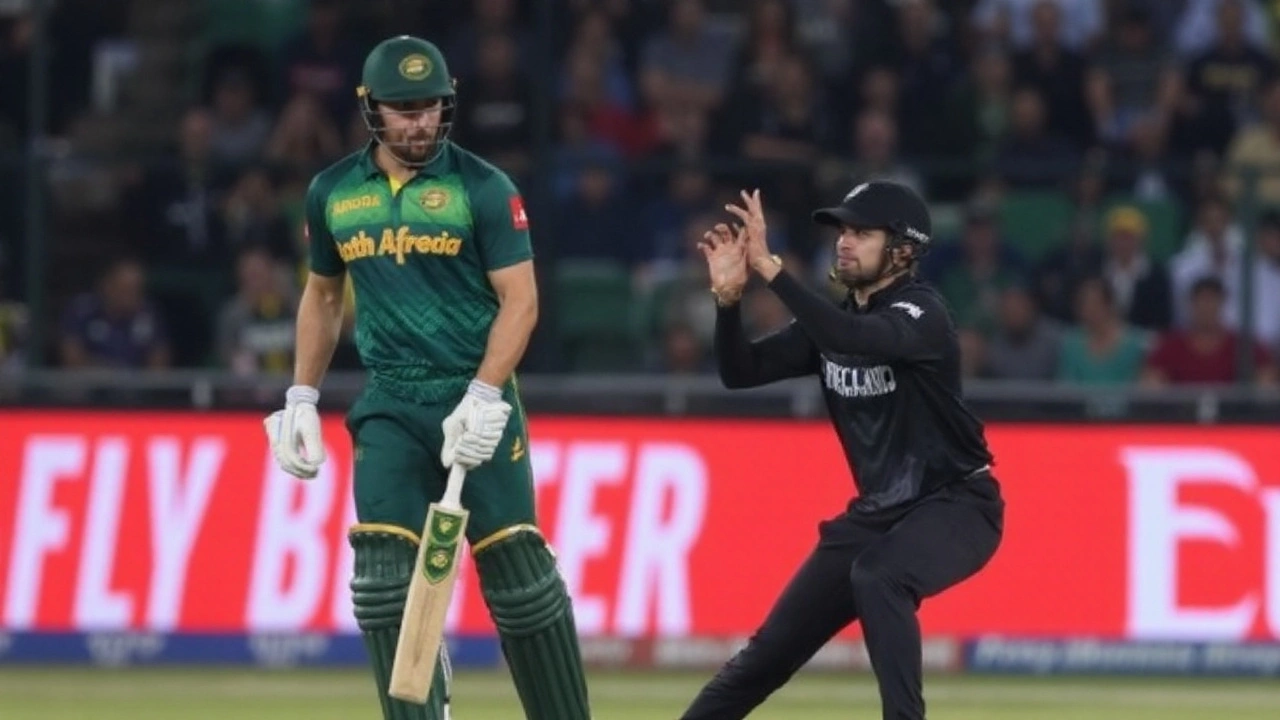New Zealand vs South Africa: What’s the Real Difference?
If you’re trying to pick a spot for your next trip, work move, or study abroad, you’ve probably wondered how New Zealand stacks up against South Africa. Both are famous for wild scenery, friendly locals, and adventure sports, but the everyday experience can feel worlds apart. Below we break down the big points – climate, cost, culture, and practical tips – so you can see which place matches your vibe.
Climate and Landscape
New Zealand lives in the Southern Hemisphere, so its seasons are opposite to the northern half of the world. Expect mild summers (20‑25 °C) and cool winters (5‑10 °C) in most regions. The North Island is warmer and wetter, while the South Island brings alpine weather and snow on the Southern Alps. South Africa, on the other hand, has a more varied climate. Coastal cities like Cape Town get a Mediterranean feel – warm, dry summers and wet winters – while the interior (Johannesburg, Pretoria) sees hot, sunny days in summer (30‑35 °C) and chilly, dry winters.
Both countries boast jaw‑dropping nature. New Zealand’s fjords, geysers, and rolling hills make it a magnet for hikers and filmmakers. South Africa offers savannahs, the iconic Table Mountain, and world‑class wildlife reserves like Kruger National Park. If you’re after glaciers and volcanoes, think NZ; if you want big‑cat safaris and desert dunes, South Africa wins.
Cost of Living and Lifestyle
Living costs in New Zealand are generally higher than in South Africa, especially for housing in cities like Auckland or Wellington. A one‑bedroom apartment can run NZ$1,800‑2,500 per month, while similar places in Johannesburg may cost around ZAR 8,000‑12,000 (roughly NZ$800‑1,200). Groceries, transport, and dining out follow the same trend – New Zealand leans toward a premium price tag.
South Africa balances lower costs with a lively urban scene. You’ll find diverse food markets, vibrant nightlife, and a mix of cultures that influence music, art, and fashion. New Zealand’s lifestyle feels more laid‑back and outdoor‑focused; people often bike to work, enjoy weekend camping trips, and value work‑life balance. South Africans tend to blend city hustle with weekend game drives or beach trips.
Both countries rank high for safety, but it varies by area. New Zealand is consistently rated one of the safest places worldwide. South Africa has safe enclaves, especially in tourist hotspots, but you’ll need to stay aware of local advice, especially after dark.
When it comes to jobs, New Zealand’s market is strong in agriculture, tech, and tourism, with a points‑based visa system that favors skilled workers. South Africa offers opportunities in mining, finance, and emerging tech hubs like Cape Town. Your choice may hinge on which industry you’re in and how you weigh salary against living costs.
Travel logistics are simple in both places. New Zealand’s public transport is limited outside major cities, so renting a car is common. South Africa has a decent rail and bus network, but many still opt for a car, especially for safari routes.
Bottom line: pick New Zealand if you love cooler weather, dramatic coastlines, and a slower, nature‑first pace that’s easy on the wallet if you’re okay with higher prices. Choose South Africa if you want warmer climates, wildlife adventures, cultural mash‑ups, and a lower cost of living. Either way, you’ll get unforgettable experiences – just match the vibe to what matters most to you.
Posted by
Arvind Suryavanshi
0 Comments

New Zealand overpowered South Africa by 50 runs in Lahore to reach the Champions Trophy final against India in Dubai. The Black Caps piled up 362/6, then rode Mitchell Santner’s three-wicket burst to stall a chase shaped by David Miller’s fighting century. Temba Bavuma’s 56 off 71 drew criticism for slowing momentum. The final starts at 9am GMT on Sunday.
read more